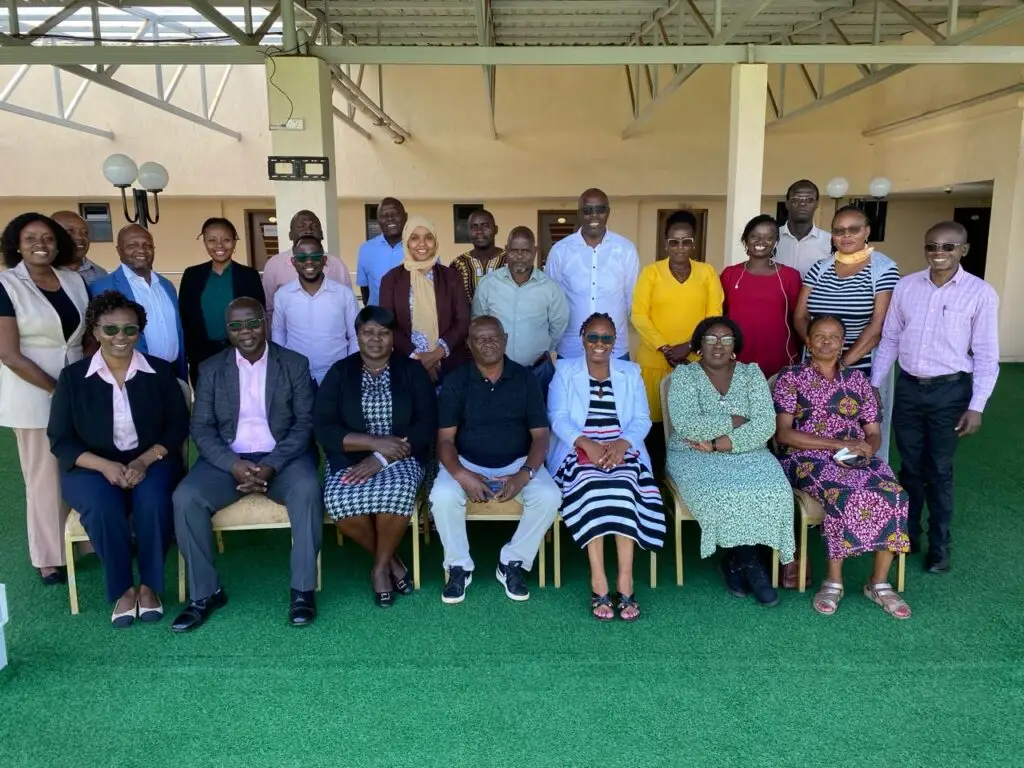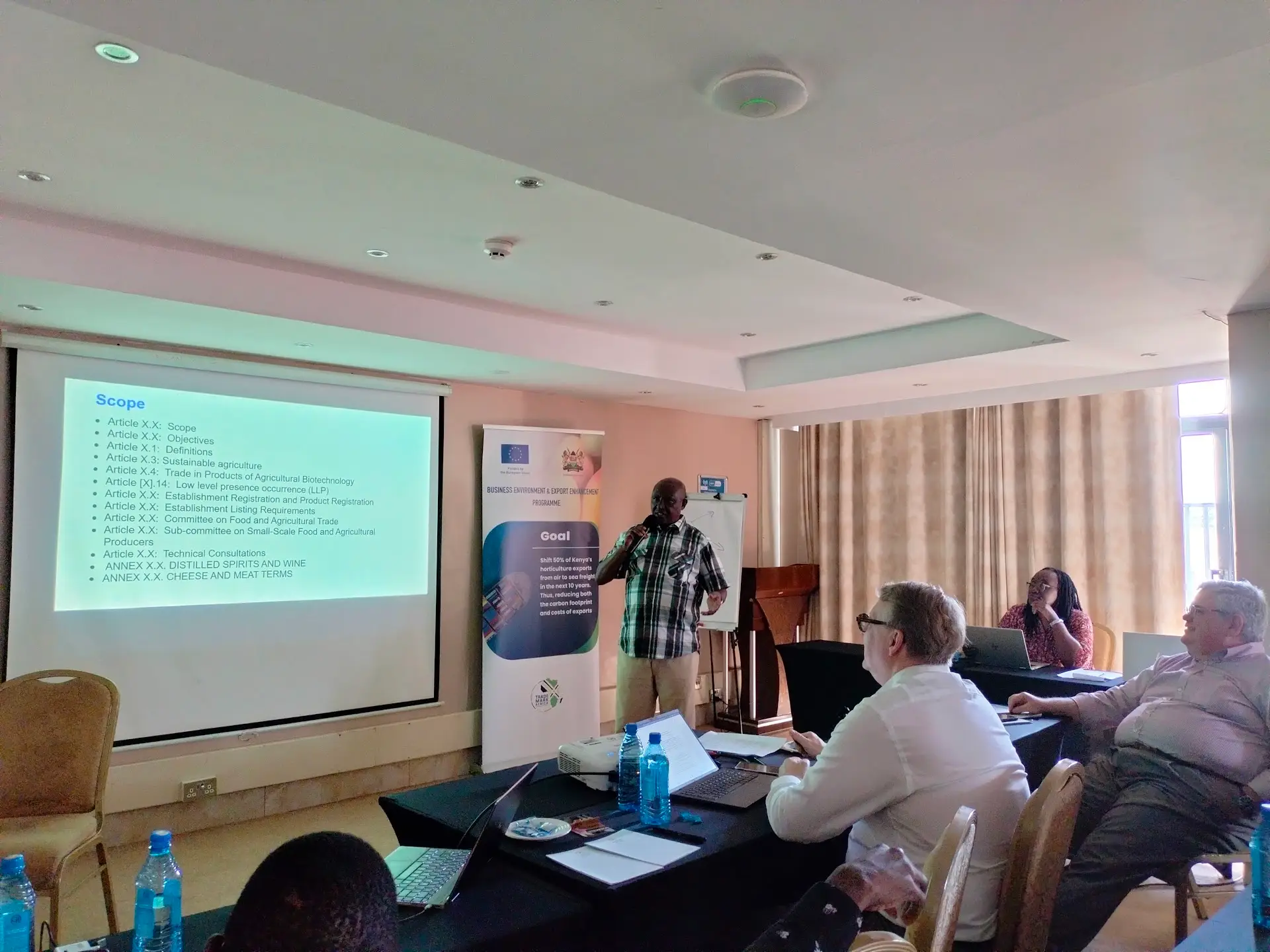The landscape of international trade has evolved significantly in recent years, characterised by growing complexity and the emergence of new opportunities and challenges. Trade policies play a pivotal role in shaping the economic trajectory of nations, and well-crafted trade agreements have the potential to lift countries out of poverty while promoting sustainable development.
New trade agreements now encompass emerging issues such as climate change, environmental sustainability, gender equality, and the inclusion of special interest groups. Moreover, today’s high standard Free Trade Agreements (FTAs) surpass the commitments under the World Trade Organization (WTO), particularly in areas touching on agriculture, which now include aspects of agricultural biotechnology, sustainable production systems, consumer protection and intellectual property rights.
To fully harness these advantages and navigate the intricacies of modern-day trade policies, it is important that Kenya empowers her trade negotiators with the technical capacity to undertake trade negotiations at the bilateral, regional, and multilateral levels.

It is for this reason that through the State Department of Trade, Ministry of Investments, Trade & Industry (MITI), TradeMark Africa (TMA) through the EU-funded Business Environment and Export Enhancement (BEEEP) programme supported the capacity building of trade negotiators. The training was carried out in collaboration with the World Bank, which availed technical experts to facilitate the event. The impact from the training was evident as Kenyan negotiators participating in WTO’s 13th Ministerial Conference (MC13) helped share the agenda for the agriculture negotiations ahead of MC14 in 2025.
Kenya has been engaging in bilateral and regional trade negotiations with the goal of expanding its market share in global exports and gain access to new markets as well as promoted inward flows of Foreign Direct Investments (FDIs). Currently, active negotiations include the Kenya-EU-Economic Partnership Agreement, Kenya-UAE Comprehensive Economic Partnership, the African Continental Free Trade Agreement (AfCFTA) and Kenya-US Strategic Trade and Investments Partnership.
The Kenya Working Group on Technical Barriers to Trade (TBT) also held a meeting to analyse crucial aspects such as the Ministerial Declaration on Regulatory Cooperation, Specific Trade Concerns, the use of the ePing platform, and the e-Agenda. These deliberations aimed at informing Kenya’s stance at the upcoming WTO TBT Committee Meeting scheduled for March 13th, 2024.
The deliberations play a vital role in positioning Kenya favourably in international trade discussions, safeguarding her trade interests, and promoting global cooperation. Specifically, the ePing platform, which facilitates timely information sharing on product requirements, holds the promise of enabling Kenya to anticipate and overcome technical trade barriers. Concurrently, the e-Agenda provides the roadmap for electronic trade facilitation, aligning with Kenya’s objectives in advancing its interests. Kenya is also keen to use the various trade negotiation opportunities to achieve outcomes that are geared towards promoting Africa’s regional integration through implementation of AfCFTA.


